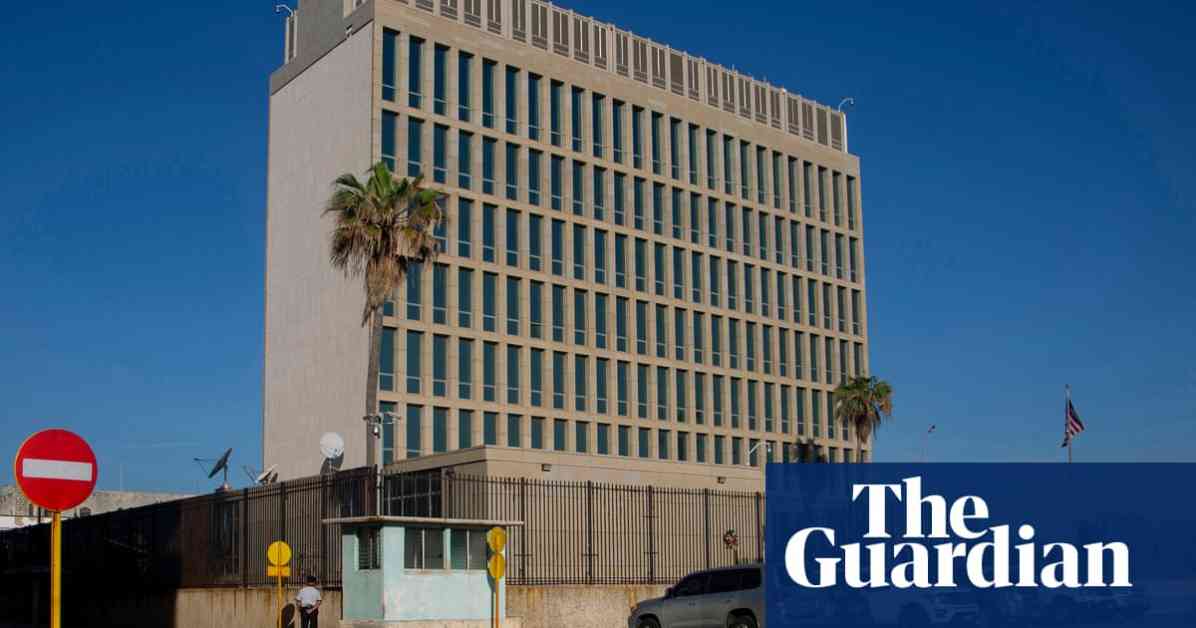Victims Left Waiting for Promised Healthcare
A leaked letter published on social media by a senior US military official has brought to light the government’s contradictory approach to victims of Havana syndrome – a series of mysterious health incidents affecting personnel at embassies and consulates overseas. The letter, dated 24 March 2024 and signed by air force Brig Gen Shannon O’Harren, promised quality healthcare to those affected by the “anomalous health incidents” (AHIs) but failed to deliver on that promise.
Contradictions Revealed
The letter, which was posted on social media by Canadian investigative journalist Catherine Herridge, came just days after a declassified Senate report exposed mishandling and downplaying of the incidents by another government entity, the Central Intelligence Agency (CIA). The incidents, which occurred in Cuba, China, and several European countries, left victims suffering from headaches, dizziness, cognitive issues, and unusual sensory experiences.
Broken Promises
Despite reassurances from O’Harren in the letter that the defense department believed in the reality of the victims’ experiences and symptoms and was committed to providing quality care, the reality was far from it. Nearly 100 CIA-affiliated individuals who reported symptoms faced delays, denials, or pre-conditioned care, making it difficult for them to access the benefits they were promised.
Flawed Response
The Senate report highlighted the flawed and inconsistent response of the CIA to the incidents, which were first reported in Havana in 2016 and quickly spread to diplomatic facilities in other countries. More than 1,500 episodes of Havana syndrome were reported globally, but victims seeking treatment or assistance were routinely denied or faced challenges in accessing benefits.
In conclusion, the victims of Havana syndrome have been left waiting for the promised healthcare, with the government’s response falling short of expectations. The leaked letter and the Senate report have shed light on the struggles faced by those affected by AHIs, raising questions about the adequacy of the care and support provided to them. As the victims continue to deal with the physical and emotional toll of these incidents, it is essential for the government to address these shortcomings and fulfill its commitment to providing quality care for those in need.
















